Your Ultimate Guide to Visa Types – Tourist, Work, Study & Beyond!!

Your Ultimate Guide to Visa Types – Tourist, Work, Study & Beyond!!
Travelling across borders is exciting—but before you book your flight and pack your bags, there’s one key requirement you cannot skip: a visa. A visa is an official endorsement placed on your passport that grants you permission to enter, stay, or leave a foreign country for a specified period.
While the concept is simple, the types of visas available can be confusing. Each visa serves a specific purpose, whether you’re planning a quick vacation, a business meeting, or long-term studies. In this guide, we’ll break down the most common visa types, their uses, and important things you need to know.
1. Tourist Visa
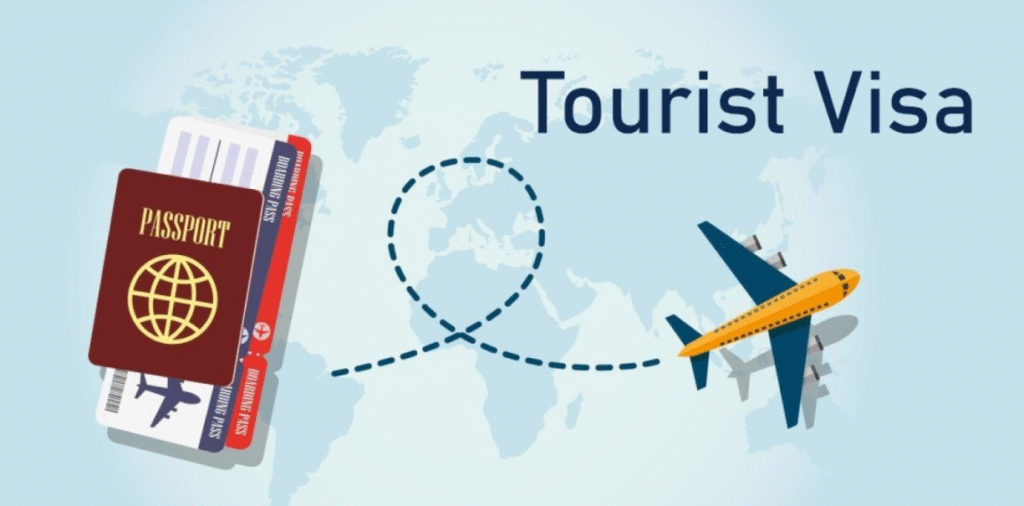
Purpose: Leisure, sightseeing, short-term visits.
A tourist visa is the most common type. It’s meant for those who want to explore a new country, visit landmarks, or spend time with family and friends. Tourist visas usually don’t allow you to work or engage in business activities.
- Duration: Typically 30 to 90 days (varies by country).
- Examples:
- Schengen Tourist Visa for Europe (allows travel across 27 countries).
- US B2 Visa for leisure travel.
- Key Point: Overstaying a tourist visa can result in penalties or bans, so always check validity before you travel.
2. Business Visa

Purpose: Attending meetings, conferences, negotiations, or exploring business opportunities.
A business visa is designed for professionals who need to travel abroad for work-related reasons, but not for long-term employment. For instance, you might need it to attend a trade fair, close a deal, or meet with international clients.
- Duration: Usually 30 to 90 days; multiple-entry options may be available.
- Examples:
- US B1 Visa for business visits.
- UK Standard Visitor Visa (business category).
- Key Point: A business visa doesn’t allow you to take up a job in that country; it only permits short-term professional activities.
3. Student Visa
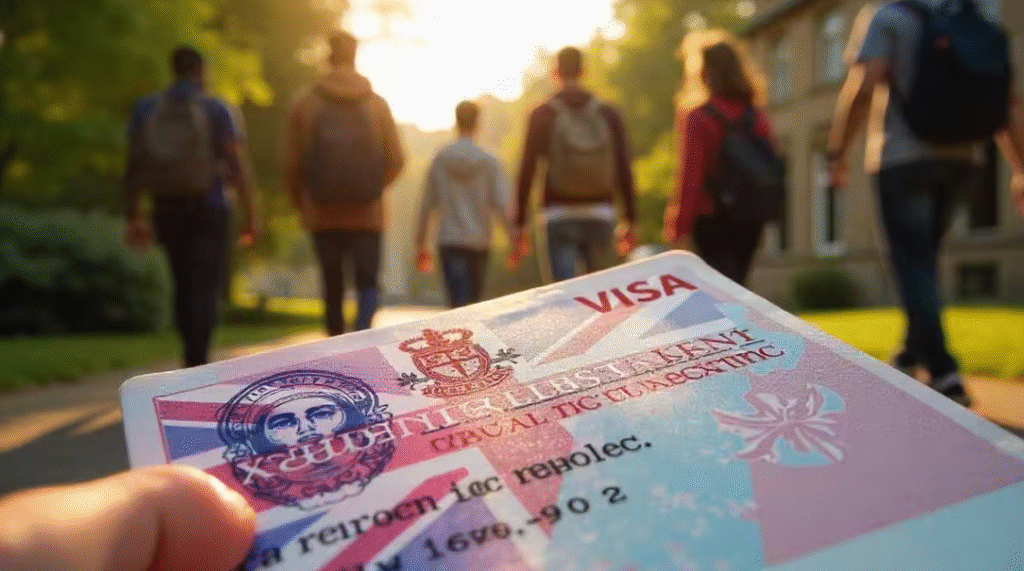
Purpose: Studying at an overseas university, college, or training institute.
If you’re planning to pursue education abroad, you’ll need a student visa. The process often involves proof of admission, financial stability, and sometimes language proficiency tests like IELTS or TOEFL.
- Duration: Covers the length of the study program, plus a short extension after completion.
- Examples:
- F-1 Visa for studying in the US.
- Tier 4 Student Visa for the UK.
- Study Permit in Canada.
- Key Point: Many countries allow part-time work on student visas, but with restrictions. Always check the rules before working.
4. Work Visa
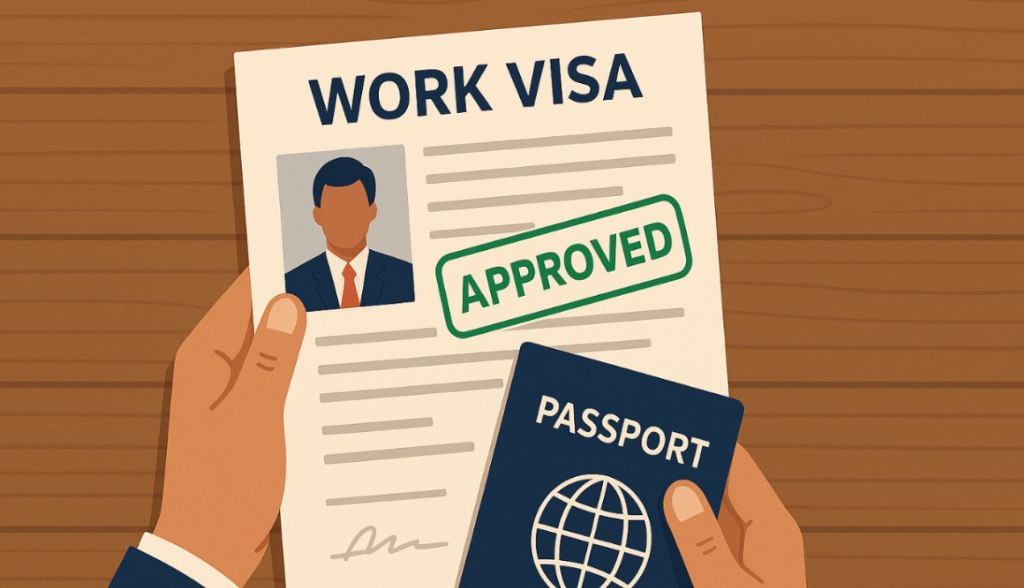
Purpose: Employment in a foreign country.
A work visa is different from a business visa. It allows you to live and work in another country for a fixed period, often tied to a specific employer. These visas usually require sponsorship from the employer and approval from the host country’s labor department.
- Duration: Depends on employment contract—can be 1 year to several years.
- Examples:
- H-1B Visa in the US for skilled workers.
- Employment Pass in Singapore.
- Key Point: Work visas are highly regulated and often involve strict eligibility criteria.
5. Transit Visa

Purpose: Short stopovers between flights or while crossing through a country.
A transit visa is required when you’re traveling through a country en route to another destination and need to leave the airport or wait for a longer layover.
- Duration: Very short—usually 24 to 96 hours.
- Examples:
- Schengen Transit Visa for European airports.
- Key Point: Not all countries require transit visas, but some do even for brief layovers. Always check in advance.
6. Medical Visa
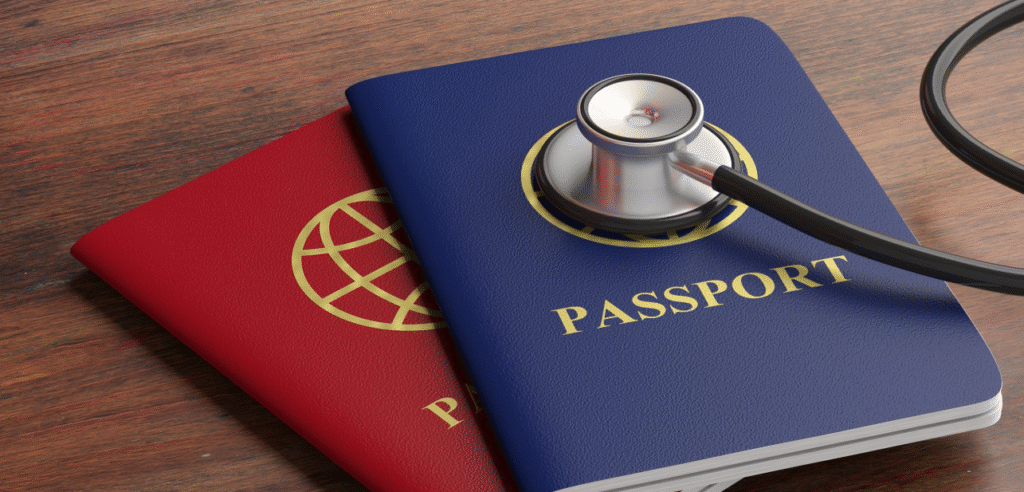
Purpose: Traveling abroad for medical treatment.
Medical visas are for those seeking advanced healthcare or specialized treatment not available in their home country. Some countries also offer medical attendant visas for companions.
- Duration: Depends on treatment requirements, usually 30 days to 6 months.
- Examples:
- Medical Visa to India for international patients.
- Key Point: Requires valid medical documents and proof of treatment booking at a recognized hospital.
7. Spouse/Dependent Visa

Purpose: Joining family members living abroad.
If your spouse, parents, or children live overseas on work, study, or permanent residence visas, you may be eligible for a dependent visa. This allows family reunification and often permits dependents to study, and in some countries, even work.
- Duration: Matches the validity of the primary visa holder.
- Examples:
- H-4 Visa in the US (dependents of H-1B visa holders).
- Key Point: The rights and restrictions vary greatly by country.
8. Permanent Residency & Immigration Visas
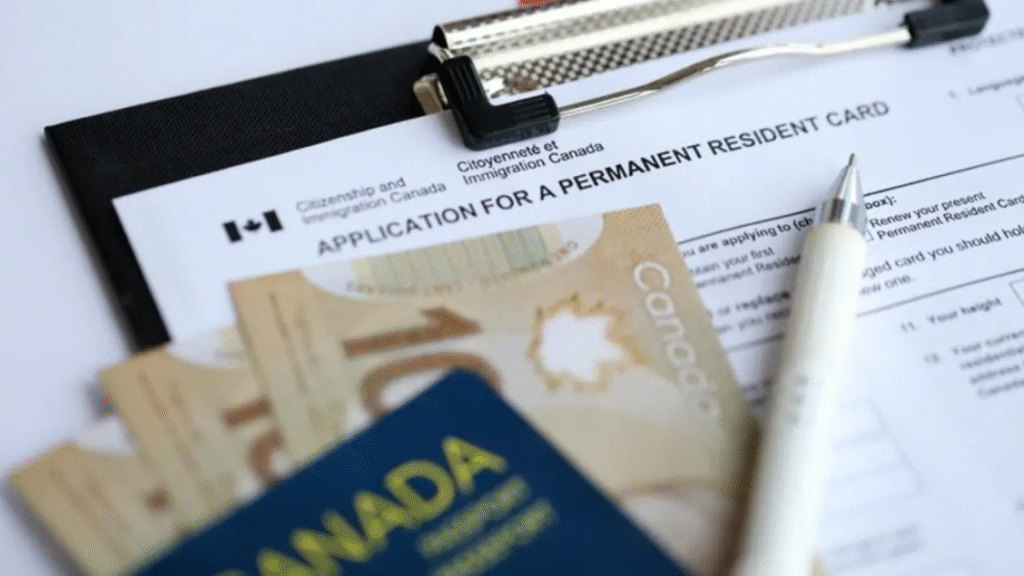
Purpose: Long-term settlement in another country.
Unlike temporary visas, immigration visas allow you to live indefinitely in another country, often with the pathway to citizenship. This process is more complicated and requires strict eligibility, from skills and employment to family ties.
- Examples:
- Green Card in the US.
- Permanent Residency (PR) in Canada, Australia, and New Zealand.
- Key Point: Immigration visas involve long application processes, background checks, and proof of contribution to the host country.
9. Special Visas (Other Categories)
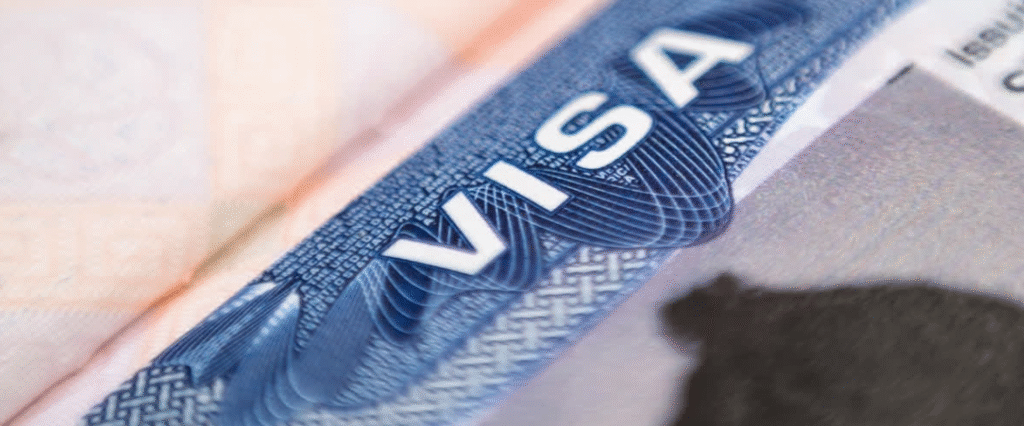
Apart from the major types, there are some special visas you might come across:
- Diplomatic Visa: For diplomats and government officials.
- Refugee/Asylum Visa: For those seeking protection from persecution.
- Cultural/Exchange Visa: For cultural programs, internships, or exchange visits.
Tips Before Applying for Any Visa
- Check Requirements Early: Each country has different rules—start at least 2–3 months in advance.
- Prepare Documentation: Passport, photos, bank statements, travel itinerary, and insurance are common requirements.
- Mind the Validity: Ensure your passport is valid for at least 6 months beyond your travel date.
- Be Honest: Misrepresentation can result in bans or refusals.
- Consult Experts: If unsure, seek help from travel agents or visa consultants.
Final Thoughts
Visas are the gateway to your international journey. Whether it’s a quick vacation on a tourist visa, pursuing your dreams on a student visa, or building a career abroad with a work visa, knowing the right type makes the process smooth and stress-free.So before you plan your next adventure, match your purpose with the right visa—because the right stamp in your passport is the first step toward a seamless journey!
All Categories
- Adventure
- Australia
- City Tours
- Customized Holidays
- Domestic
- Dubai
- Europe
- Food
- Forex
- Group Holidays
- Honeymoon
- India
- Indonesia
- Informative
- International
- Korea
- Leisure Holidays
- Life Style
- Malaysia
- Mauritius
- philippines
- Pilgrimage
- places to visit
- Remittance
- Singapore
- Thailand
- Things To Do
- Turkey
- Valentine
- Varanasi
- Vietnam
- VISA
- Weekend Getaways
- Wild Camping
Recent Posts
First International Trip Guide for Indians: Step-by-Step Travel Planning Tips
Complete Travel Checklist Before You Leave India for an International Trip!!
Why Europe Is the Perfect Summer Holiday You’ve Been Dreaming Of In 2026!!
Tags





